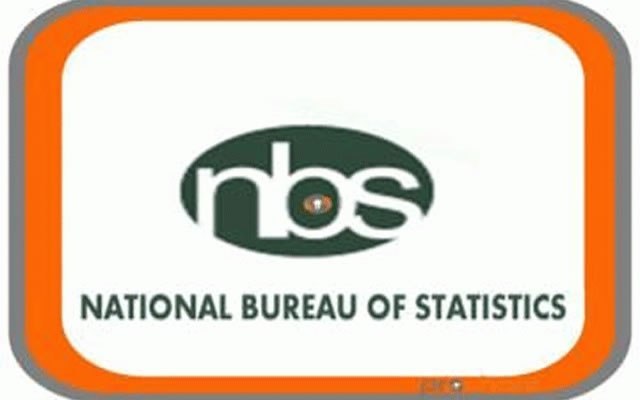The Premium Motor Spirit (petrol) quantity imported into the country surged by 15.2 per cent in the second half of the year to 5.61 billion litres amid concerns over smuggling of the product to some other African countries.
Nigeria who is Africa’s top oil producer relies massively on importation to satisfy its fuel needs as the nation’s refineries remain in a state of dilapidation.
The National Bureau of Statistics, in its latest petroleum products importation report released on Wednesday, said 5.61bn litres of petrol were imported, compared to 4.87 billion litres in the first quarter of the year.
The country imported 1.38 billion litres of automotive gas oil (diesel), compared to 1.21 billion litres in Q1.
The amount of kerosene imported into the country plunged to 12.22 million litres from 103.05 million litres in the first three months of the year.
A total of 131.36 million litres of aviation turbine kerosene (aviation fuel) was imported, compared to 176.14 million litres in Q1.
The country’s imports of Liquefied Petroleum Gas, also known as cooking gas, increased to 354.70 million litres from 310.84 million litres in Q1.
Other products imported in the period under review were base oil (77.24 million litres), bitumen (41.79 million litres), and low pour fuel oil (27.68 million litres).
According to the NBS data, 5.18 billion litres of PMS, 1.28 billion litres of AGO, 131.42 million litres of household kerosene, 176.14 million litres of ATK and 157.29 million of LPG were distributed nationwide in Q2.
The Group Managing Director, Nigerian National Petroleum Corporation, Mr Mele Kyari, on Monday, lamented the state of the nation’s refineries, saying, “Today, it is a shame that this country is a nett importer of petroleum products, but we are going to change that.
“We require more investment to revamp and expand our domestic refineries and associated infrastructure to support the growth of the downstream sector and guaranty energy security to the nation. We are progressing with the establishment of condensate refineries to fast-track domestic supply of petroleum products,” he said in Lagos at an industry event.
He said the NNPC would support the actualisation of the 650,000 barrels-per-day Dangote refinery and other private initiatives, adding, “Our plan is for Nigeria to become a net exporter of petroleum products by 2023.”
The corporation said last month that petrol was being smuggled out of the country to Ghana, Burkina Faso, Mali and Cote d’Ivoire as a result of the price difference of PMS between Nigeria and the other West African countries.
“In some of those markets, as we speak, the pump price is around N430 per litre. So if you check the difference, wherein Nigeria it is N145 per litre, and the rest of those markets, where you get it for between N350 and N430 per litre, you will realise that clearly there are some incentives,” the Chief Operating Officer, Downstream, Mr Henry Ikem-Obih, said during a panel session at the Nigeria Oil and Gas conference in Abuja.
He said there had been a reduction in the volumes being smuggled, adding that efforts were being made to further cut down the incentive.
He said the NNPC had been collaborating with the Nigeria Customs Service and other security agencies to address the issue, expressing hope that the smuggling of PMS out of the country would end soon.
Punch Newspaper contributed to this report
Sign in
Welcome! Log into your account
Forgot your password? Get help
PRIVACY POLICY PAGE
Password recovery
Recover your password
A password will be e-mailed to you.












